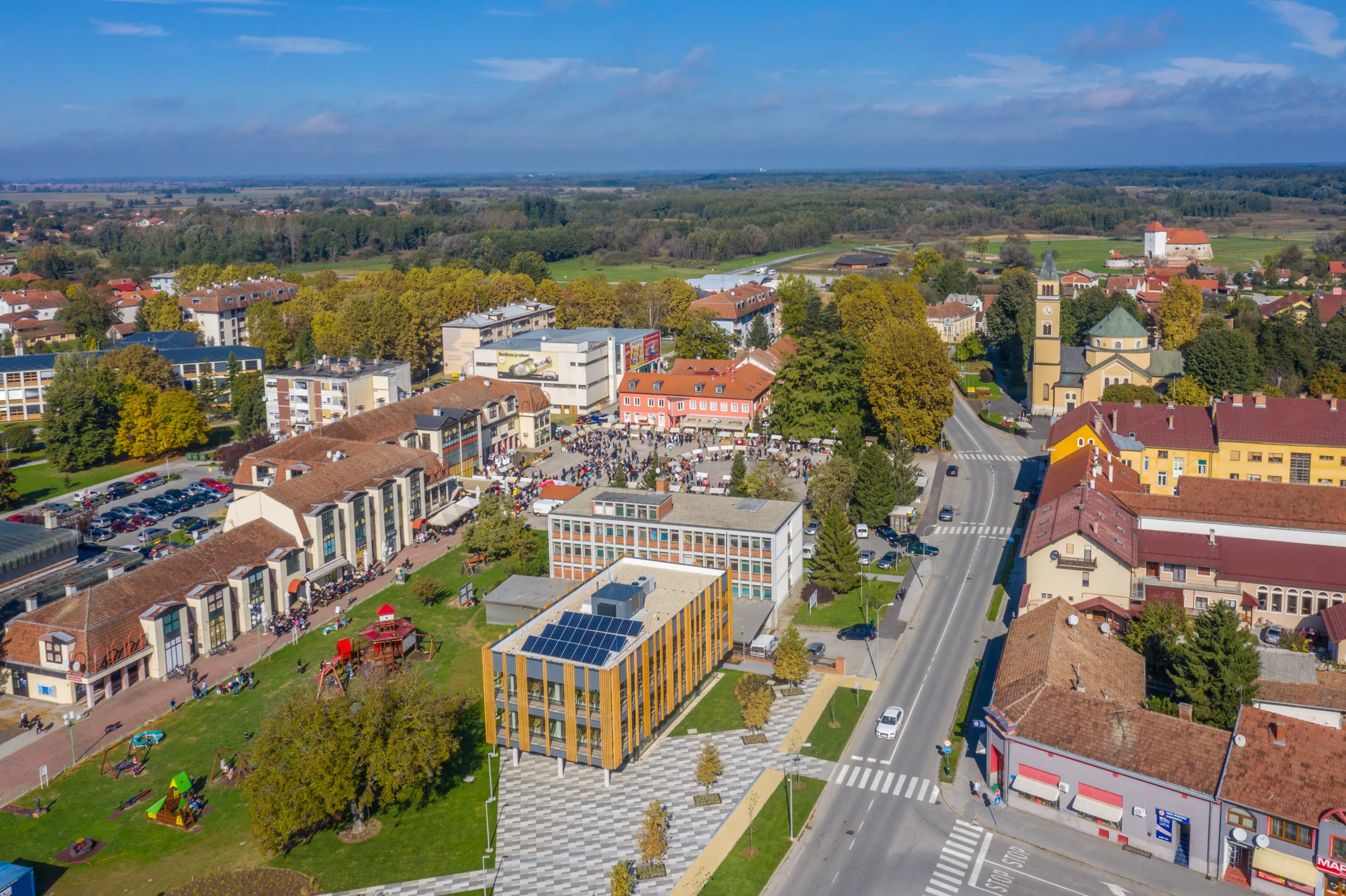ReRURAL – Renew Rural Areas
Raising awareness of energy poverty in rural areas of South-East Europe and presenting the energy transition and Energy Communities (ECs) as solutions.
Awareness Education Energy Communities Energy Efficiency Energy Policy Energy Poverty Energy Transition Energy Transition and Climate-Neutral Buildings Just Transition Renewable Energy

Project info
Bosnia and Herzegovina, Croatia, Kosovo, Slovenia
11/23 - 01/26
Consumers, Local governments, National governments, Regional governments, Non-governmental organisations
499,757.50 €
Contact info
Neven Duic
- Balkan Green Foundation (BGF)
- City of Đurđevac
- LIR Evolution
- Regional Development Agency Green Karst, Ltd.
Background
Energy poverty is widespread in poor rural areas of South-East Europe. Promising solutions to tackle this problem are energy efficiency measures and switching to renewable energies. However, their implementation remains difficult. Energy Communities (ECs) and their potential to pave the way for a clean energy transition are largely unknown. ECs are citizen-driven climate actions that combine non-commercial goals with environmental, social and community objectives. The EU’s Clean Energy Package (2019) provides for ECs to be set up as legal entities.
However, in Slovenia and Croatia, the legislative frameworks are inadequate and do not fully apply the definitions of energy poverty from EU legislation, while there is no legislative framework for ECs in place in Bosnia and Herzegovina and Kosovo. There is also a lack of experience, awareness and knowledge of ECs in these countries.
Project
The ReRURAL project team organises meetings at the local and regional level to raise public awareness of energy poverty and energy transition in rural areas. Knowledge and examples of good practice from the EU are disseminated and applied locally.
The project team supports the establishment of one EC in each of the four target countries. Supported by energy efficiency measures and the integration of locally available renewable energy sources, the ECs contribute to the local reduction of energy poverty. Workshops and information events build the capacities of potential EC founders and civil society representatives at national, regional and local levels to promote energy transition and ECs.
Particular emphasis is placed on engaging young people to enhance the appeal of remaining in rural areas and discourage migration. Two summer schools are organised for them, focusing on overcoming energy poverty and supporting the energy transition, including renewable energy sources, energy efficiency and ECs. As part of the summer school programme, field trips provide insights into examples of good practice.
Finally, a pre-feasibility tool for the planning of energy efficiency measures and the integration of renewables in ECs is developed. Four national reports and guidelines for rural communities on combating energy poverty will be also developed as part of the project.
Last update: July 2024
